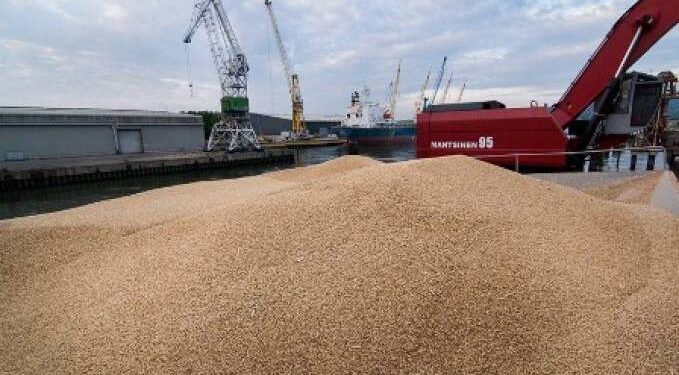While Tunisia depends a lot on international trade since it is a highly importing country, these products have become more expensive because of the Russian-Ukrainian conflict.
The raw materials markets from around the world were shaken by the war in Ukraine, and it is not only a consequence of Western sanctions against Russia, which now include gas and oil.
Starting with energies and including oil. A spite of a drop in barrel prices, Tunisia is sanctioned by this crisis due to the fluctuation of these sales rates. Tunisia imports a large part of its fuel consumption and its energy deficit is estimated at 60%.
The second product is none other than food. Russia and Ukraine are both large exporters of food products and in particular cereals. The two countries, known as the “attic of Europe”, represent 29% of world wheat exports and 19% of corn exports, according to data from the JP Morgan bank. Tunisia also depends on this situation.
Russia is one of the world’s main providers of metals used in all kinds of products, from aluminum cans to copper cables and car components, as the BBC explains. Tunisia is also affected by this price increase and it is the building sector which will have to be impacted first.
Recently, Ukraine is an important supplier of purified rare gas such as crypton and neon, the latter being essential for the manufacture of semiconductors, but Tunisia does not necessarily depend on these products.








